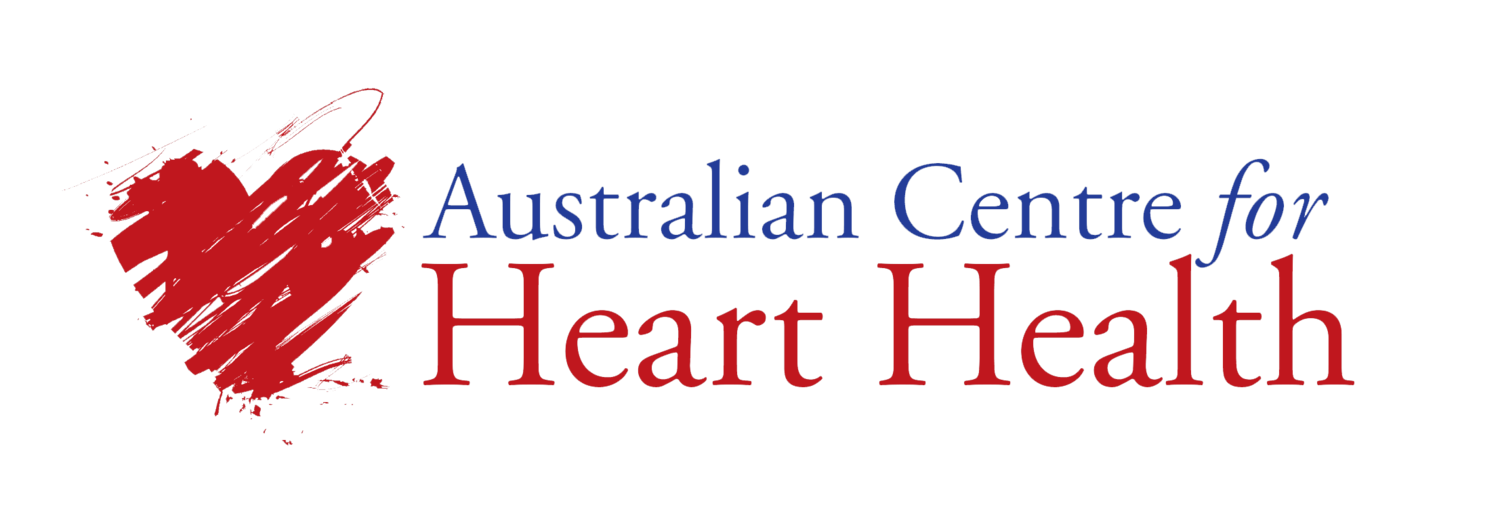Christmas during a pandemic
Written by Ms Hema Navaratnam, ACHH Research Fellow
Christmas is a time of celebration with family and friends, happy times with all its glitter, festivities and cheer. However, for some of us it can be stressful or lonely, or a reminder of unpleasant memories. In recent times, we have had to factor a pandemic into these celebrations, a first for many of us.
Whilst eased restrictions allows some of us to see family and friends in most states and territories of Australia, others may still be waiting to see loved ones’ both interstate and overseas. Given that we have all been living in somewhat isolated conditions, a lot of us have had to learn to adjust and adapt to these times, creating routine and other ways of staying connected to each other.
However, now that we can socialise again and even gradually return to office-based settings, there can be some anxiety around our perceived ‘new normal’. We have had to make lots of adjustments in very short periods of time in a constantly changing climate and, although these current changes are good, it is yet another kind of adjustment. A gradual approach and at a pace that you feel comfortable with can be a helpful way of easing yourself back to society.
The Australian Psychological Society has some good resources around ways to manage during the pandemic. Please click on the link for more information.
These are trying times for all of us. Therefore, ensuring good support networks and seeking help when needed is vital. Additionally, and in the spirit of Christmas, practicing compassion towards ourselves and others is invaluable during these times as we move forwards together as a state, as a nation and globally.
The Heart of Mindfulness
Written by Ms Hema Navaratnam, ACHH Research Fellow
At times we can be at the mercy of our thoughts with tendencies to worry or dwell about our loved ones or of the various events going on in our lives and, in recent times, the pandemic has likely been in the forefront of our minds. Mindfulness has been around for thousands of years having originated from Eastern religions and traditions. It is a skill that teaches us to pay attention to our present moment with a sense of curiosity, openness and without judgement. Whilst it can be challenging at first to put into practice, once implemented it can become a lifelong asset.
Over the years there has been a growing presence of this ancient practice, with research showing significant benefits to our psychological well-being. It’s been known to be a useful tool in helping to manage psychological distress, improve physical health and function and increase our emotional resilience. It is a mind-body practice that is now widely recognised in the health industry, schools and workplaces. Additionally, there is evidence to suggest that mindfulness-based programs have a good influence on our hearts too (Younge et al. 2015). For example, Nardi and colleagues identified that emotional regulation, attention control and self-awareness were means by which mindfulness encouraged better cardiovascular health (Nardi et al. 2020).
A well recognised site referred to as smilingmind.com.au provides a wealth of information and mindfulness programs designed for your needs. It can also be downloaded as an app onto your smart phone or tablet. So, whether you’re a beginner or have been practicing mindfulness for a while, it might be worth having a look to see if there is something for you.
References:
Nardi WR, Harrison A, Saadeh FB, Webb J, Wentz AE, et al. (2020) Mindfulness and cardiovascular health: Qualitative findings on mechanisms from the mindfulness-based blood pressure reduction (MB-BP) study. PLOS ONE 15(9): e0239533. https://doi.org/10.1371/journal.pone.0239533
Younge JO, Wery MF, Gotink RA, Utens EMWJ, Michels M, et al. (2015) Web-Based Mindfulness Intervention in Heart Disease: A Randomized Controlled Trial. PLOS ONE 10(12): e0143843. https://doi.org/10.1371/journal.pone.0143843
Smiling Mind website – smilingmind.com.au
Cardiac Counselling Clinic
You may be aware that we run a cardiac counselling clinic as part of the Australian Centre for Heart Health. The clinic is a relatively new venture that began in early 2020 and provides specialist psychological and behavioural support to people who have had an acute cardiac event, and to their families too.
To access the service, a current mental health care plan from your GP is required. Sessions are bulk billed and therefore cost-free and at this stage continue to be provided via telehealth, making the service available across the whole of Australia.
We have a great team and have recently welcomed two new staff members to the Centre’s clinic, Dr Mirella Di Benedetto (Senior Health Psychologist) and Mr Justin Kelly (Clinical Psychology Registrar).
If you would like to know more about this service, please visit our website at https://www.australianhearthealth.org.au/cardiac-counselling-clinic
Share your story about our Cardiac Wellbeing Program
If you would like to share your story about how the services we offer through the Centre’s Cardiac Wellbeing Program have helped in your cardiac recovery, please email us at heart@australianhearthealth.org.au. Through our patient and donor newsletters, we can share your story with other cardiac event survivors and our supporters.




